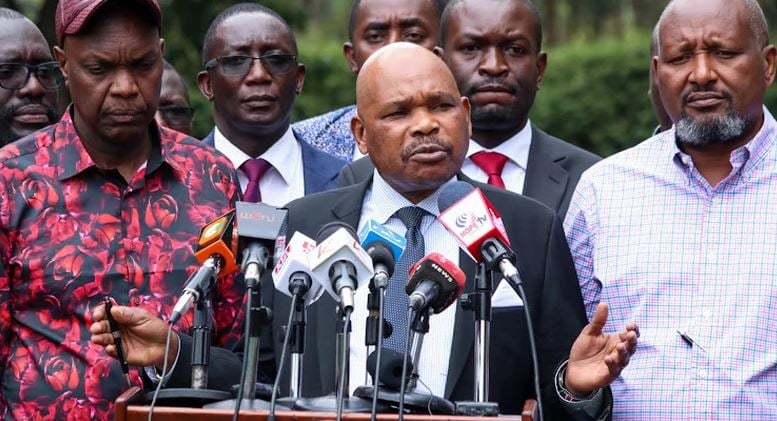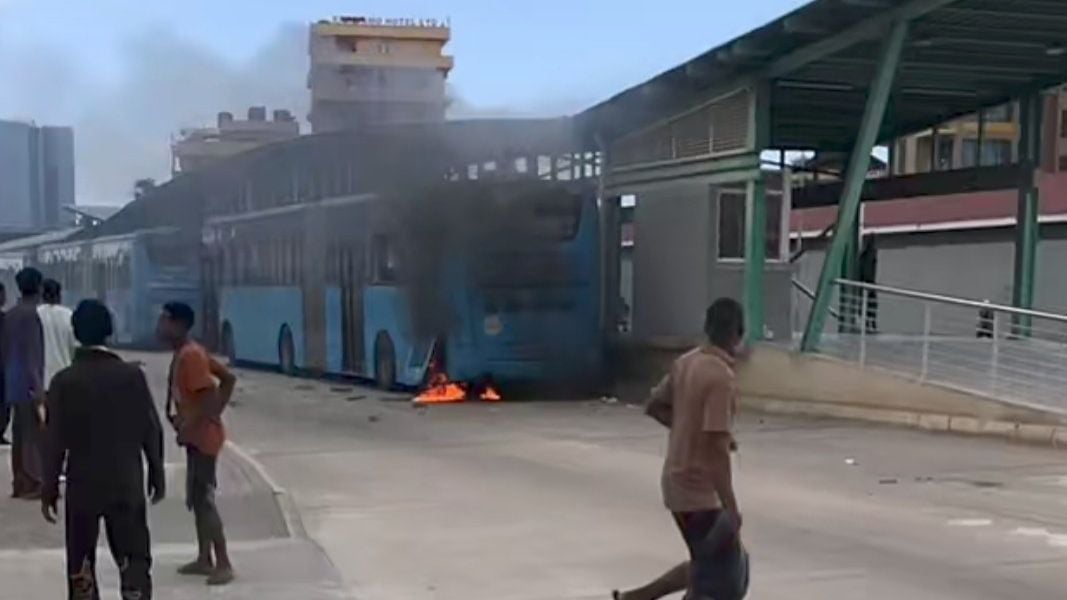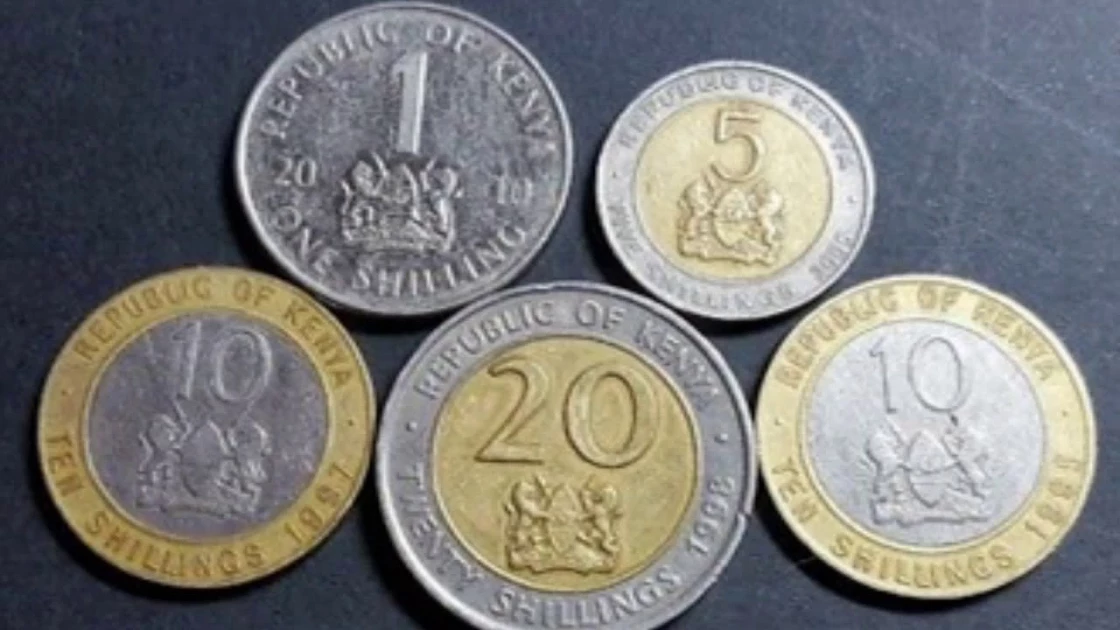
As Kenya reels from a mounting toll of road carnage, renowned law professor Makau Mutua’s controversial plea to ban boda bodas from all major towns has ignited fierce debate. His blistering argument comes amid escalating fatalities and widespread disorder tied to motorcycle taxis.
Rising Toll Triggers Alarm
Government data reveals that motorcycle taxis are involved in a staggering 45% of all road accidents nationwide, with boda bodas alone accounting for over 4,000 deaths in 2023. In the first weeks of 2024, NTSA recorded 356 rider fatalities in only four months. These shocking statistics have intensified calls—and fears—that towns may be sliding towards chaos on two wheels.
Mutua’s Stark Warning
In an exclusive op-ed published by Nairobi Leo, Makau Mutua lays bare a grim vision: boda bodas have transformed from essential transport to veritable instruments of mayhem. He cites endemic helmet evasion, reckless weaving through traffic, impromptu loading onto sidewalks, and rampant flouting of regulations—all symptoms of a sector spiraling out of control. Mutua’s stark verdict? If Kenya’s towns are to be safeguarded, a sweeping ban is the only recourse.
Voices from the Streets

Residents and road safety experts echo Mutua’s concern. A 2023 Citizen report flagged Nairobi’s boda boda service as a “death‑trap”, citing frequent near‑misses and harrowing crashes that have shattered families. Meanwhile, NTSA’s strategic roadmap proposes tougher penalties and regulatory measures aimed squarely at motorcycle taxi operations.
Yet boda boda riders offer a counterpoint. They warn that draconian regulation—or worse, bans—could obliterate livelihoods. The Public Transport (Motorcycle Regulation) Bill pending before Parliament would enforce training, GPS trackers, passenger limits, and helmets, but riders say these provisions risk pushing them into unemployment.
Economy vs. Safety: The Tenuous Balance
Boda bodas are the pulse of Kenya’s informal economy. They employ over 1.4 million households and generate nearly KES 1 billion daily. Removing them wholesale from urban streets threatens more than traffic—it could displace millions from their primary source of income.
Conversely, public safety advocates argue that current bandaid solutions—spot enforcement, random fines, makeshift “boda sheds”—are failing. They urge transformative action: professionalised training, formal registration, strict licensing, and segregated road infrastructure tailored for two-wheeler traffic .
What Comes Next
- Parliamentary action is expected soon on the Motorbike Regulation Bill. Will it lean punitive or pragmatic?
- NTSA’s action plan awaits full roll‑out addressing non-compliance and rider safety standards.
- County governments are under pressure to pilot ordinances—perhaps temporary zones, helmet enforcement blitzes, or partial moratoria.
The Critical Juncture
Kenya stands at a crossroads: preserve a vital economic lifeline or impose bans to stem a spiraling death toll. Mutua’s call for a ban is more than ideological—it’s a spotlight on roads turned perilous by unchecked deregulation. Nairobi and other urban areas face an agonizing decision: prioritize livelihoods or legislate order.
As debate rages, one truth looms large—unless bold, coherent action follows, the price of inaction will be measured in lives cut short on the nation’s roads.







